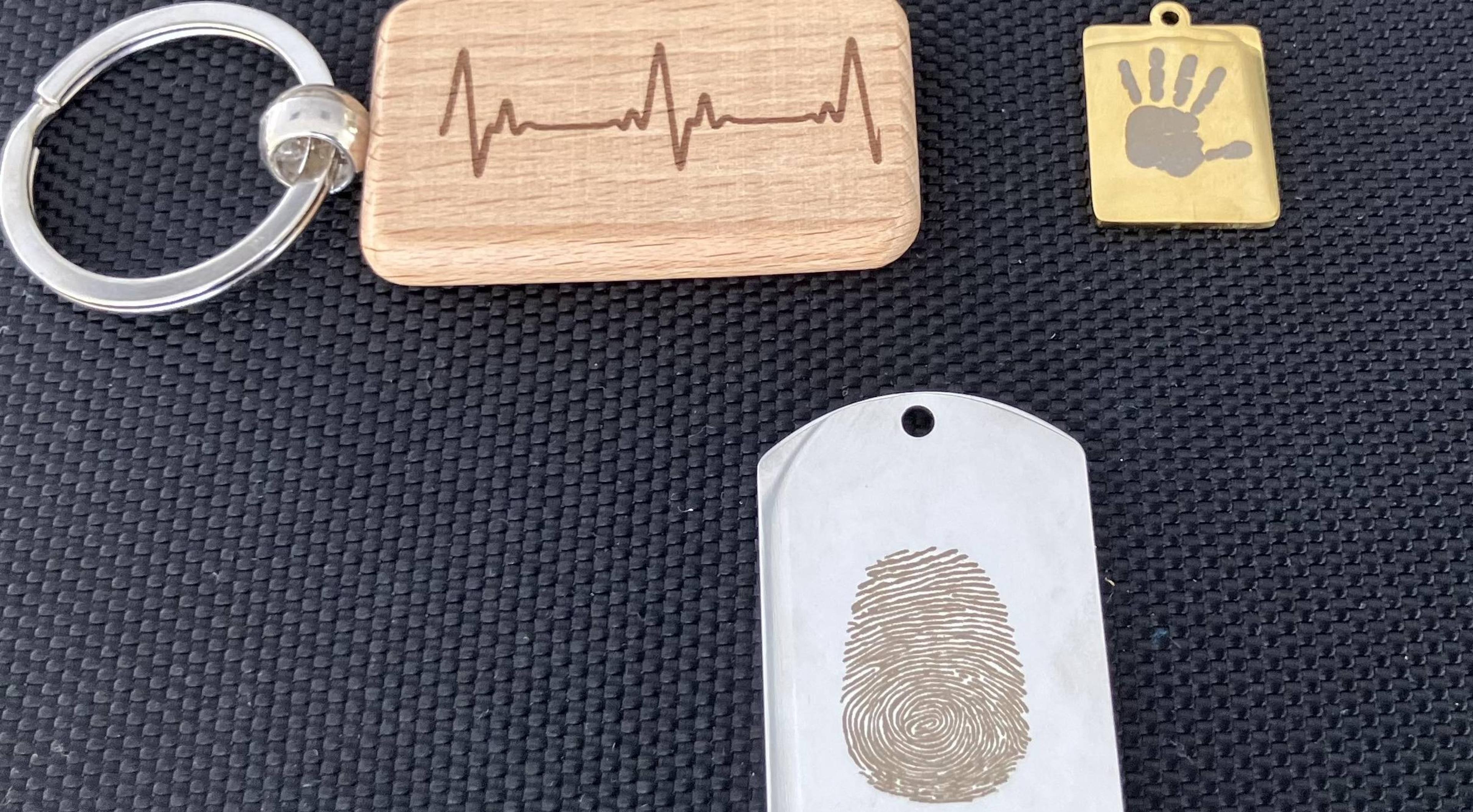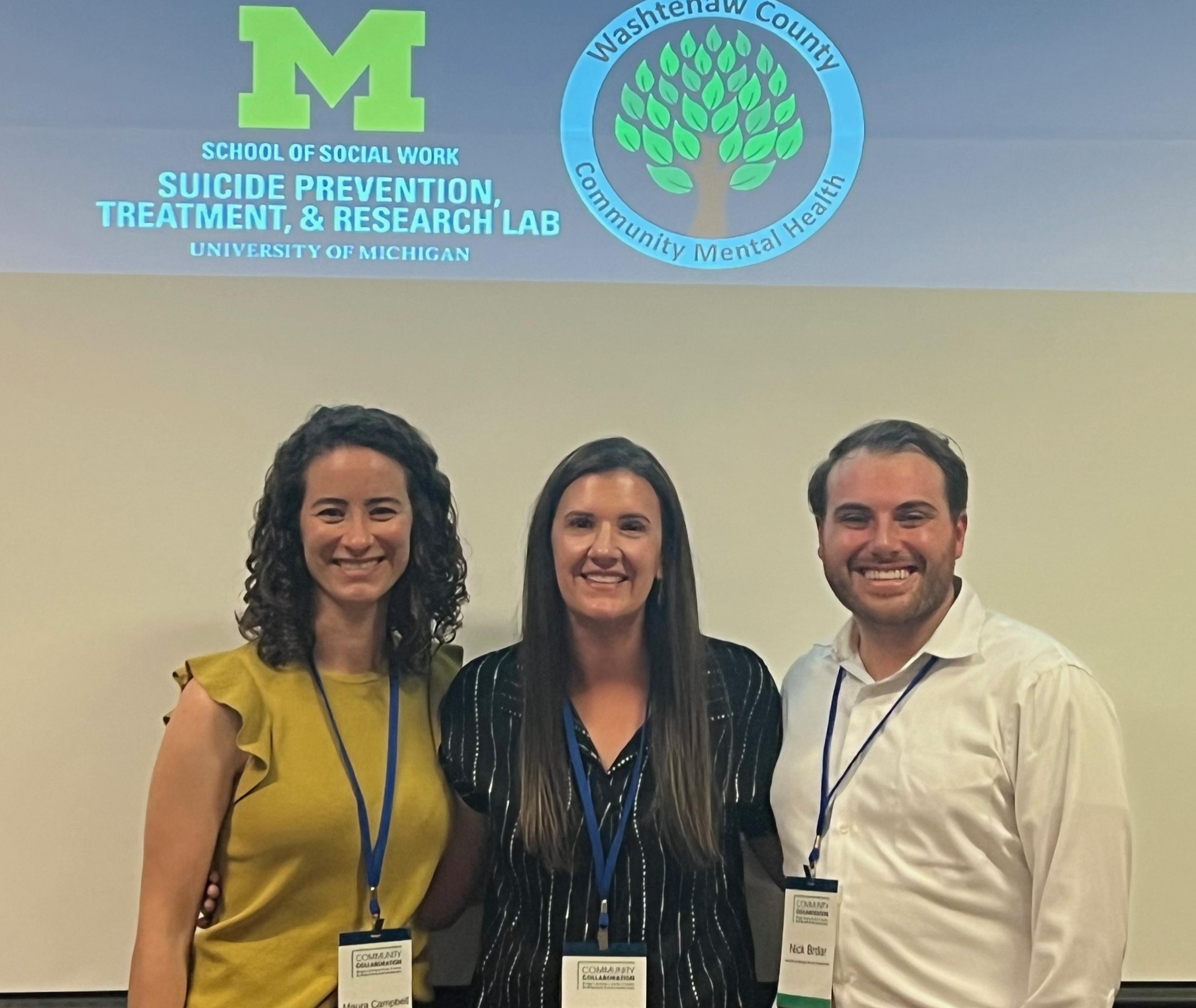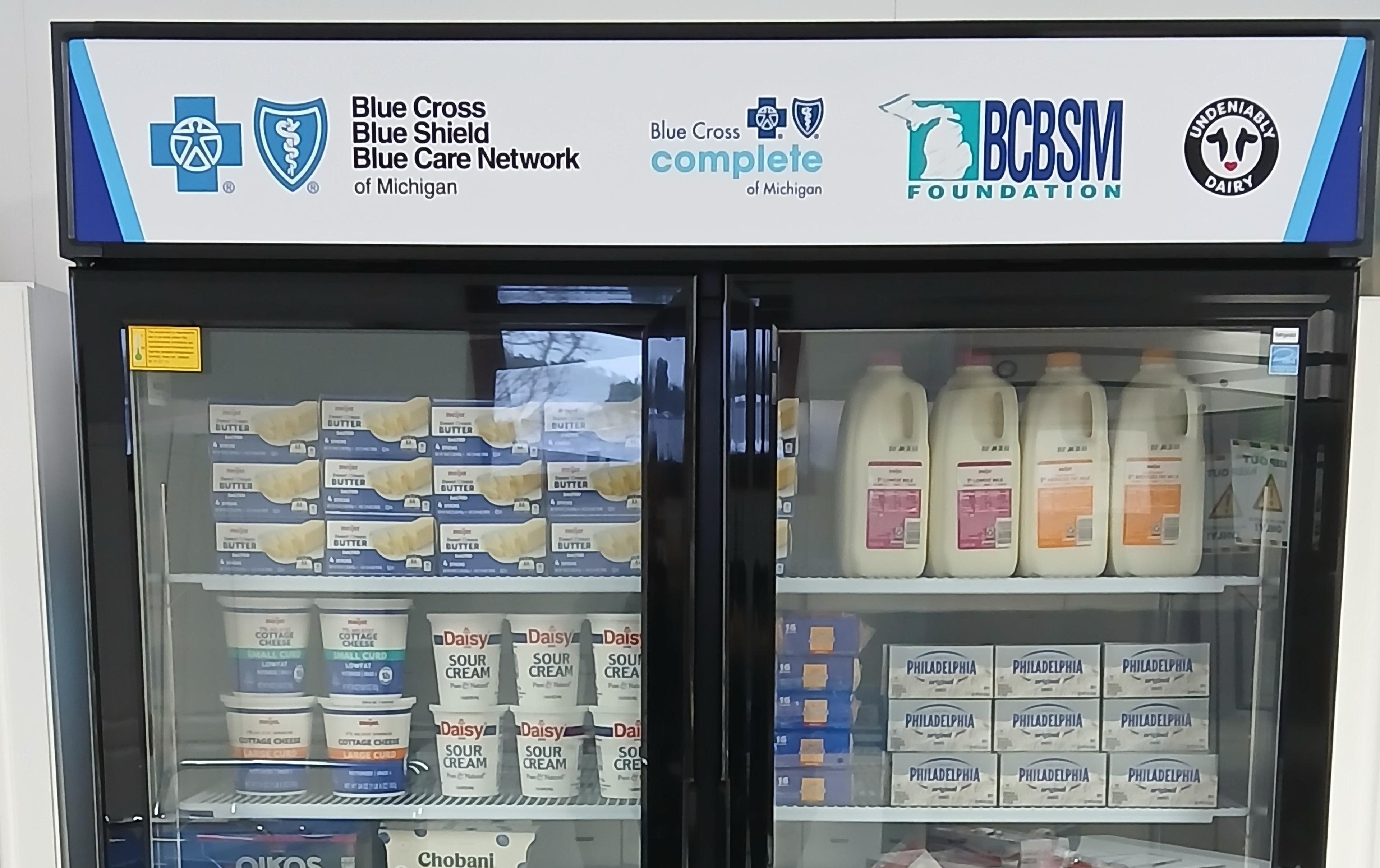Detroit’s Life Directions Changes Futures for Children and Families

Blue Daily
| 4 min read

At 16, Annette Howard was “lost and searching.” She grew up in Detroit where financial security was a constant concern. Given away as an infant, she said she’d always felt a void in her life and that feeling was compounded by not having her basic needs met. “When those needs are not met then you seek them in other places and other things,” Howard said. A friend invited her to attend a group facilitated by Life Directions, in which she learned anger management and decision-making skills. “My life was transformed,” she said. Now, nearly 50 years after she was helped, Howard finds great joy serving as director of training at Life Directions, making it her mission to reach Detroit youth and their families.
Pandemic Increases Trauma Faced by Families
Even before the pandemic, many of the kids served by Life Directions had experienced trauma and adverse childhood experiences, or ACEs. The Centers for Disease Control and Prevention define ACEs as “traumatic events that occur in childhood.” This can include violence, abuse or growing up in a household with mental health or substance use problems. ACEs are linked to chronic health problems, mental health disorders and substance misuse in adulthood, according to the CDC. Through her work, Howard knows the depths of struggle that families are facing have only increased throughout the COVID-19 pandemic. Isolation, virtual learning challenges and increased household stress have pushed already at-risk children and adults closer to their breaking point. “That just multiplies the stressors that existed pre-pandemic,” Howard said. She’s bracing for increased mental health needs among the families that Life Directions work with. “That is a pandemic across the country on top of the pandemic that we’ve had,” Howard said. “Now is the pandemic of the trauma our youth and children are being confronted with.”
Focus Family Groups Provide Life Skills to Increase Resilience
Last summer, the Blue Cross Blue Shield of Michigan Foundation awarded Life Directions a $34,000 grant to re-start intensive group sessions for young people and their families to help them work through trauma together. The Focus Family sessions are being offered virtually to 10 families per year and will culminate in an eventual retreat. Sessions provide training on social emotional learning, life skills, trauma-informed responses, family skills and healthy intergenerational communication to reduce and prevent the harm of ACEs, thus reducing the potential negative health impacts of trauma. “We know that early childhood trauma can lead to lifelong implications for health and well-being,” said Audrey Harvey, executive director and CEO, BCBSM Foundation. “Providing a space and evidence-based tools for families to put in place will not only help address the existing pain these families are dealing with, it has the potential to break the cycle of trauma being passed down generationally, meaning this program could have ripple effects for many years to come.” Howard said many families are ill-equipped to help their children heal as many of the adults in their lives have unresolved trauma of their own. She said everyone shares basic core longings to feel loved and accepted, nurtured and cared for. They want a pathway to grow and develop, she explained, needs that are reinforced through the Focus Family program. “Everyone desires to be their true and authentic self but that can’t happen when it’s covered with so much pain and so much brokenness and many of these experiences begin in childhood,” Howard said. When participants start, they fill out a questionnaire asking about ACEs. Howard said the questions that kids and their parents are most likely to respond “yes” to are:
- Did you often feel that no one in your family loved you or thought you were important or special?
- Did you often feel that you didn’t have enough to eat, had to wear dirty clothes, and had no one to protect you?
- Was a household member depressed or mentally ill, or did a household member attempt suicide?
As the groups continue through their work, other traumas, such as abuse, are often uncovered, Howard said. A strong current of poverty runs through the families Life Directions works with, making the groups an important way to access mental health support. Howard is encouraged by the progress families have made so far. “They are very excited to be able to share and to have this outlet,” Howard said. “We’ve seen tears and joy.” Audrey Harvey, Executive Director and CEO of the BCBSM Foundation noted, “The Foundation strives to heal the whole person in our grant making. The work of the Life Directions Family Focus initiative is a key program, because it addresses the physical and mental health of the family unit in maintaining healthy communities”. More from MIBluesPerspectives:
- Merging Mental Health and Primary Care to Benefit Patients at Judson Center
- Foundation Awards Nearly $500,000 to Michigan-Based Community Organizations, Physicians and Researchers
- Focusing on Student Mental Health in Detroit Public Schools
Photo credit: Getty Images





